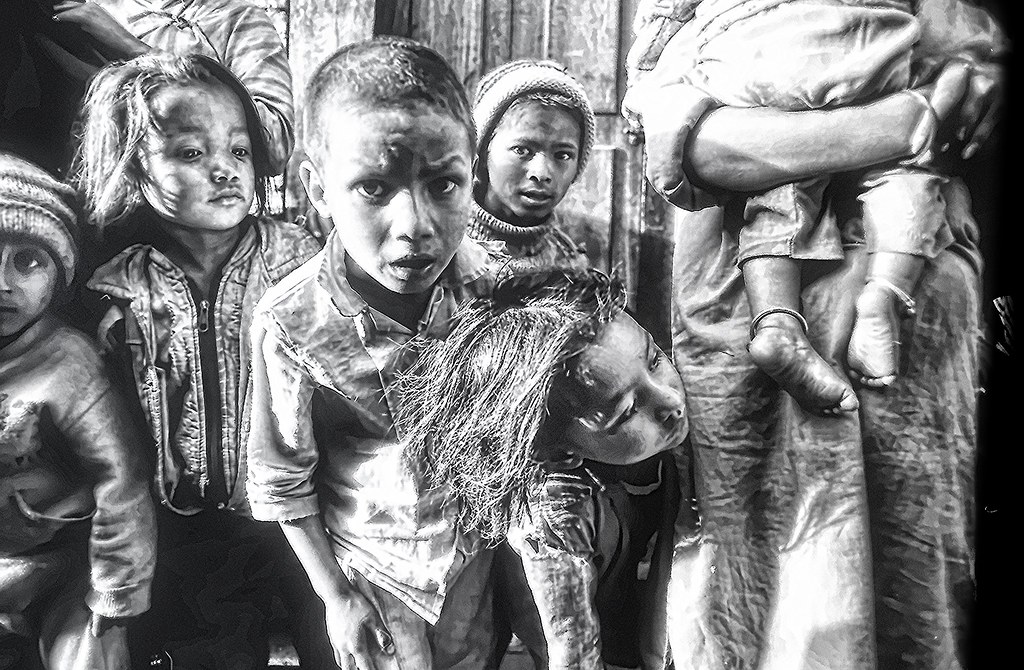Kathmandu, September 9, 2025
Prime Minister Resigns Amid Deadly Protests
Prime Minister K.P. Sharma Oli resigned today following days of violent protests that left at least 19 people dead and hundreds wounded. The unrest was triggered by a government ban on social media apps and fueled by long-standing corruption allegations.
Nepal plunged into political crisis today as Prime Minister K.P. Sharma Oli resigned following days of violent protests that left at least 19 people dead and hundreds wounded.
The demonstrations, led largely by Nepal’s Gen-Z movement, erupted after the government imposed a sweeping ban on social media apps and faced mounting allegations of corruption and mismanagement. Anger boiled over into the streets of Kathmandu, where protesters defied a military curfew, stormed the Federal Parliament building at Singha Durbar, and set it ablaze.
Eyewitness accounts and verified images show flames consuming not only parliament, but also multiple government buildings, including party offices and judicial compounds. Reports confirm that Rajyalaxmi Chitrakar, wife of former Prime Minister Jhala Nath Khanal, died after protesters set fire to her home.
Government Collapses as Resignations Mount
The government’s security response has been lethal. Police used live ammunition, tear gas, and curfews to contain unrest. Official tallies put the injured at 347, though hospital sources suggest the number is higher.
In a sign of political collapse, several cabinet ministers—including the Home Minister—resigned, citing moral responsibility. Twenty-one MPs from the Rastriya Swatantra Party and the entire Rastriya Prajatantra Party delegation also tendered resignations, intensifying demands for fresh elections.
Air traffic in and out of Kathmandu was suspended as the Tribhuvan International Airport was secured by the military, stranding travelers and raising fears of broader instability.
The unrest has been described as Nepal’s most dramatic upheaval since the abolition of the monarchy in 2008. With the prime minister ousted, protesters are demanding systemic change, chanting slogans against censorship and corruption, and carrying symbols of resistance such as the Jolly Roger flag.
The crisis comes amid regional concern. Analysts warn the turmoil could invite greater intervention or influence from both India and China, two powerful neighbors long vying for strategic influence over Nepal’s fragile democracy.
For many in the streets, however, the struggle is simpler: a demand for freedom, transparency, and dignity in governance.





